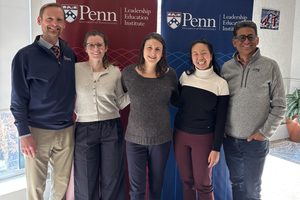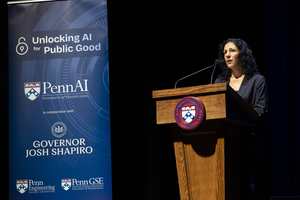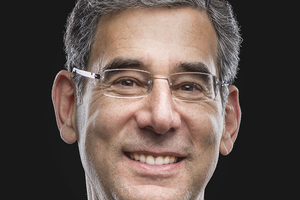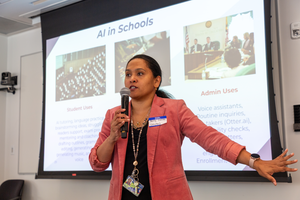Faculty Expert
An inaugural Penn Projects for Progress program led by a Penn GSE team focused on reconnecting West Philadelphia students to school and one another, rather than academic remediation.
Deep in the winter of 2020 while students were learning virtually due to the pandemic, educators and scholars from Penn GSE’s Office of School and Community Engagement (OSCE) began brainstorming ways to ease the transition of students back into classrooms. In response to anticipated challenges, they developed a summer program serving students from five West Philadelphia K-8 schools. The project, which launched this summer and focused on reconnecting students to school and one another, was chosen as one of the University of Pennsylvania’s inaugural Projects for Progress.
The program the OSCE developed focused on interactive learning and foundational skills, with the goal of reconnecting students to the school experience rather than academic remediation.
“Each day saw beautiful scenes of students measuring each other, writing and drawing in journals, discussing protest movements, creating classroom murals, and even designing their own dream schools through interviewing each other,” Penn GSE’s Julie Berger, the Senior Research Coordinator at the OSCE and Caroline Watts, OSCE’s Executive Director, reflected in a blog post for the Field Center at Penn. The program focused on what they term “joyful learning”: there was no testing or grading, and social-emotional skills like confidence and peer relationships were built into the curriculum.
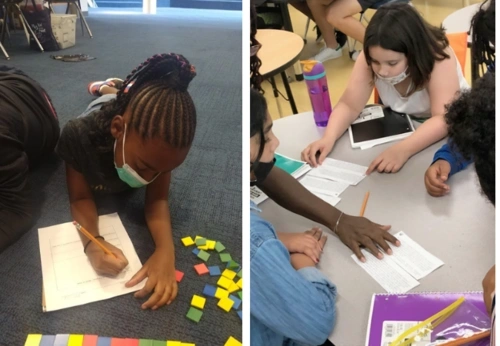
The Office of School and Community engagement facilitates partnerships with schools and communities to improve educational outcomes and the wellbeing of children in Philadelphia and is part of Penn GSE’s investment in the local community. In the blog, Berger and Watts reflected on the lengthy list of challenges they anticipated, ranging from widening skills gaps to loss of social supports.
“The sum of these concerns pointed to what was most sorely lacking for many students during the 2020–2021 school year: their overall connection to school,” they write. “The summer emerged as a prime opportunity to re-engage children with schooling—not as a means of ‘catching up,’ but rather with a focus on bridging to the coming school year by building relationships, confidence, and, most importantly, joyful school-based experiences.”
The OSCE developed the program in partnership with the School District of Philadelphia and the Netter Center for Community Partnerships, and worked with other key stakeholders including faculty and staff from the Philadelphia Writing Project, the Responsive Math Teaching Project, the Center for Professional Learning, and Penn GSE’s school and mental health counseling programs.
For more about the program’s design and success, check out the Field Center for Children’s Policy, Practice, and Research’s blog.



